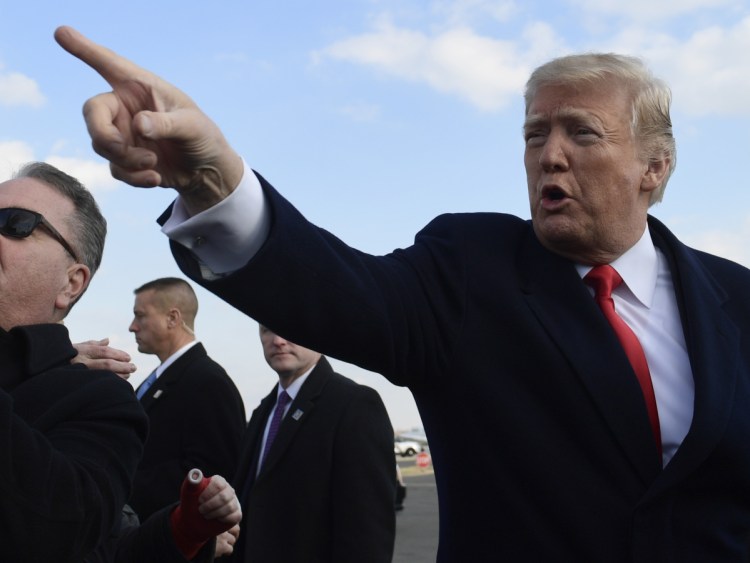The United States joined a controversial proposal by Saudi Arabia and Russia this weekend to weaken a reference to a key report on the severity of global warming, sharpening battle lines at the global climate summit in Poland aimed at gaining consensus over how to combat rising temperatures.
Arguments erupted Saturday before a United Nations working group focused on science and technology, where the United States teamed with Russia, Saudi Arabia and Kuwait to challenge language that would have welcomed the findings of the landmark report, which said that the world has barely 10 years to cut carbon emissions by nearly half to avoid catastrophic warming.
“There was going to be an agreement to welcome the … report,” said Jake Schmidt, the managing director of the Natural Resources Defense Council’s international program, who is in Poland. “The U.S. wanted to note it, which is saying in essence that we know it’s out there but we have no comment.”
The U.S. position lines up with the views of the Trump administration, which is plowing ahead with a raft of aggressive policies on coal power and oil exploration that are likely to worsen the effects of climate change – steamrolling over dire environmental warnings issued by the administration’s own team of experts in a major report just two weeks ago.
In 2015, as countries of the world negotiated the Paris climate agreement, they asked the U.N. Intergovernmental Panel on Climate Change to produce a report in 2018 “on the impacts of global warming of 1.5 degrees C above pre-industrial levels and related global greenhouse gas emission pathways.”
It’s this report, integral to the negotiations in Katowice, Poland, and specifically timed for them, that has now become a flash point at the talks. Delegates from other nations were surprised when the United States rejected a move to welcome the report and proposed only to “note” it.
“The fact that nations are spending this much time on minor wording issues while the science finds increasing risk of catastrophe has to be seen as a metaphor for how inadequate the global response to the climate challenge has been,” said Paul Bledsoe, a former Clinton climate adviser. “It also shows that the lack of U.S. leadership has massive costs to global ambition.”
The attempt by Trump administration delegates to look past the world’s most important climate reports comes two weeks after the administration downplayed a landmark federal report about the impacts of global warming on the United States, which is the world’s second-largest emitter of carbon dioxide.
Over the weekend, the president reaffirmed his decision to remove the United States from the global Paris agreement to reduce carbon emissions from coal, natural gas and petroleum. Referring to continued unrest in France, where thousands of demonstrators have protested a proposed fuel-tax increase, Trump tweeted: “Very sad day & night in Paris. Maybe it’s time to end the ridiculous and expensive Paris Agreement and return money back to the people in the form of lower taxes?”
Trump touted American progress on the issue. “The U.S. was way ahead of the curve on that and the only major country where emissions went down last year!”
It is true that U.S. emissions dropped in 2017, but in 2018 they are projected to grow 2.5 percent.
According to the federal Energy Information Administration, emissions had fallen in seven of the last 10 years before this year’s rise.
Ignoring the climate assessment of experts within their own administration, released the day after Thanksgiving, U.S. officials in recent days cleared a path to build more highly polluting coal-fired power plants, authorized seismic studies in the Atlantic Ocean that could harm marine animals and opened millions of acres of land in the West to mining and fracking, stripping protections for a species of bird.
White House officials said that the rollback of Obama-era regulations had been in the works for months and that the timing of the announcements just days after the Nov. 23 release of the National Climate Assessment was coincidental. But experts said the Trump administration has clearly accelerated its energy agenda this year as the president seeks to lock in the rule changes, which can take months to finalize, before the end of his first term.
Send questions/comments to the editors.



Comments are no longer available on this story